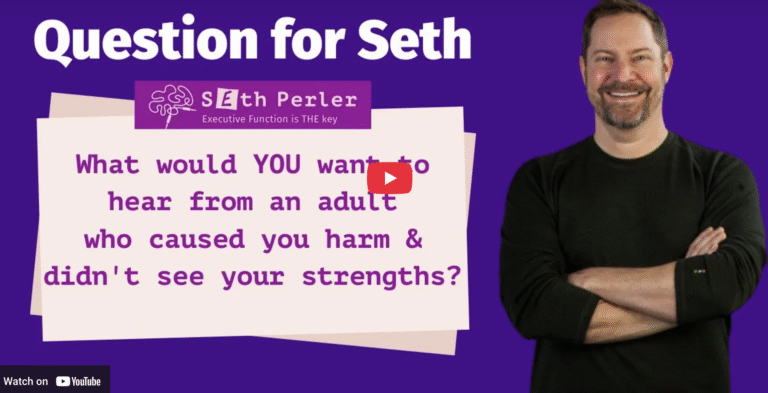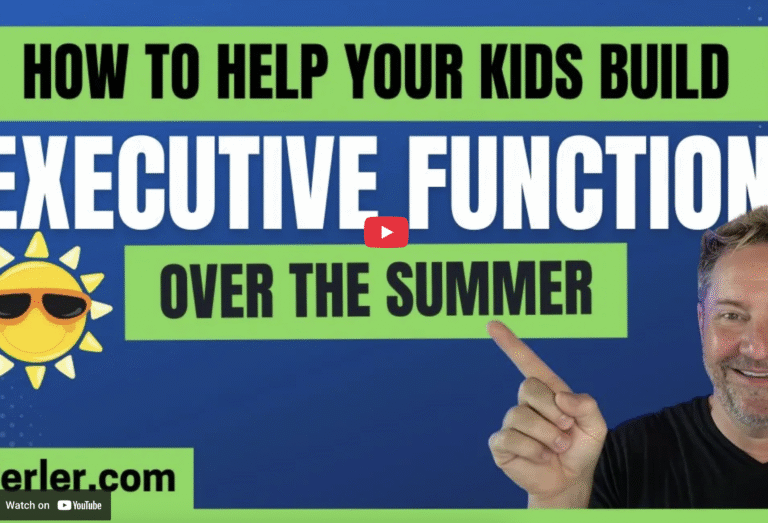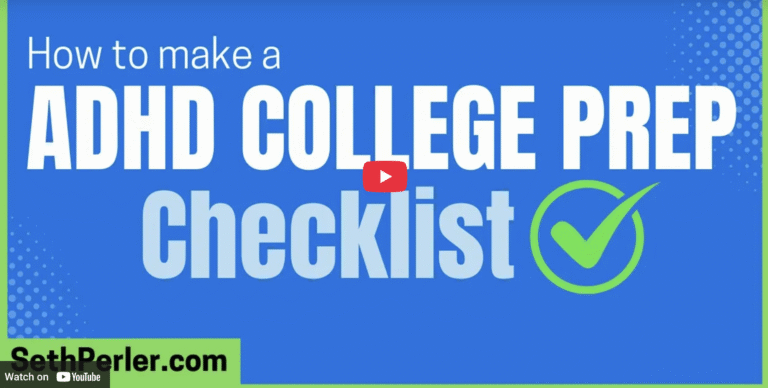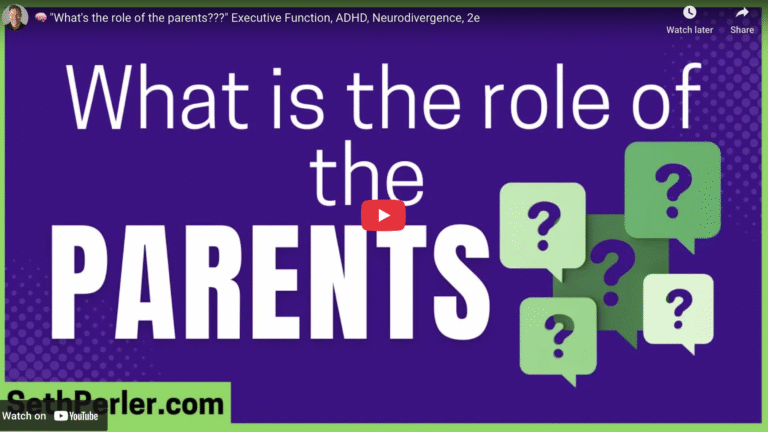TILT Parenting Podcast with Debbie Reber – Executive Function
Recently Debbie Reber interviewed me about Executive Function on her podcast, TILT Parenting. This is my FAVORITE parenting podcast and I definitely recommend subscribing! Check out the new podcast here. Freebie: Here’s the free PDF assessment mentioned in the show: Executive Function Assessment. This assessment explores the most important aspects of your








